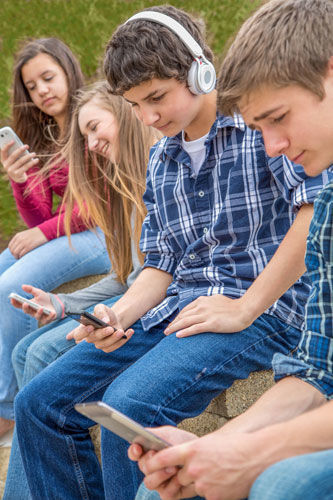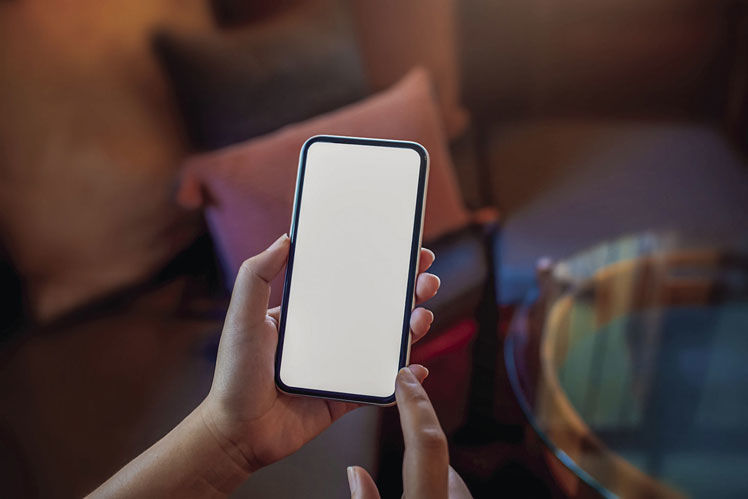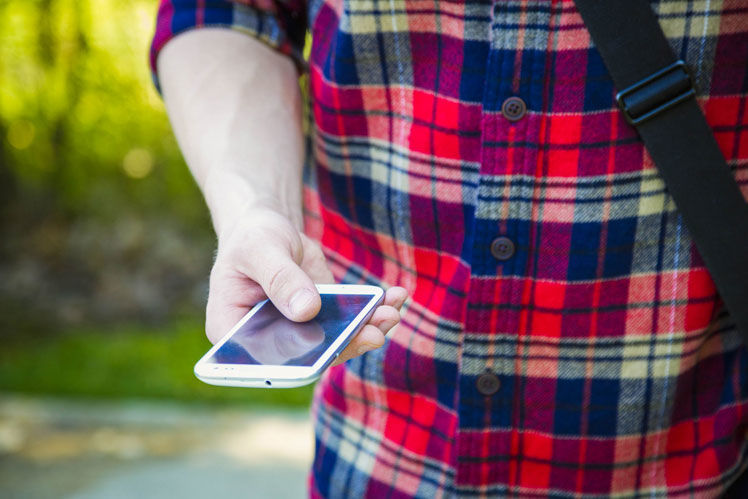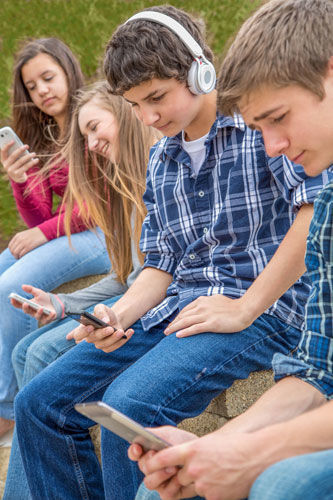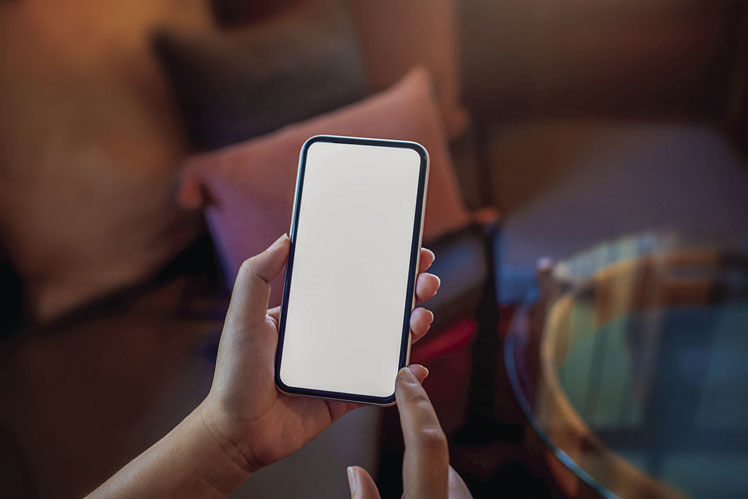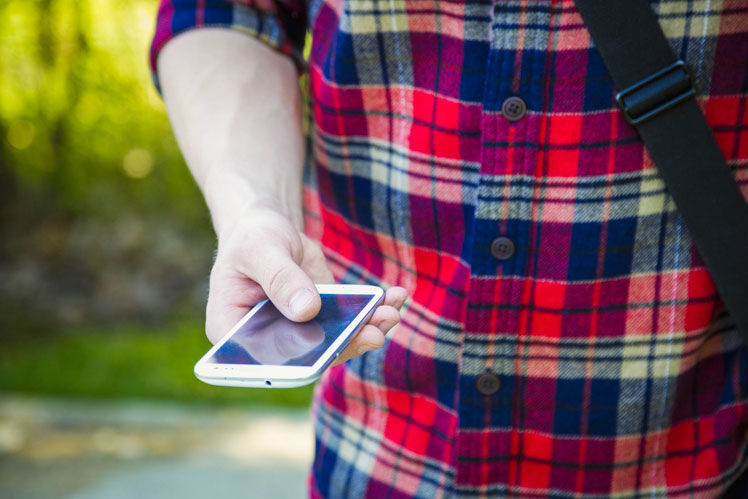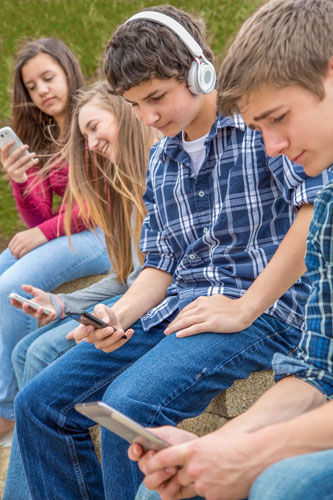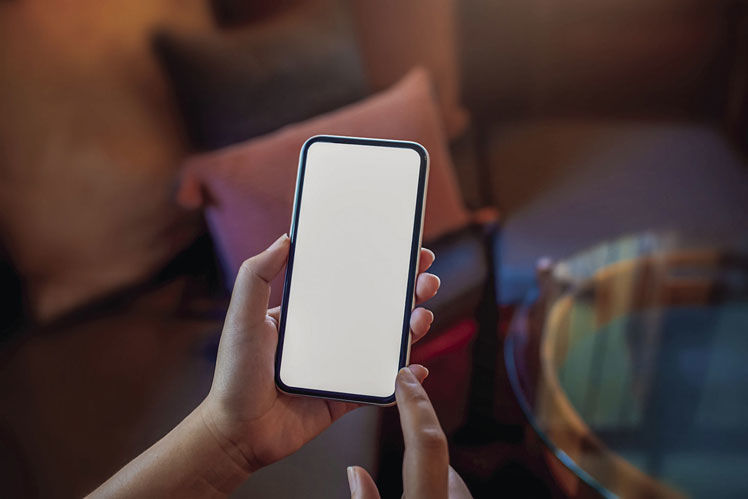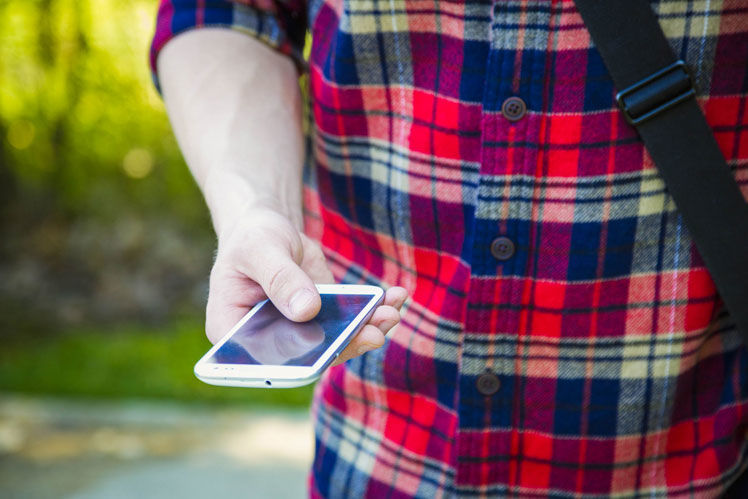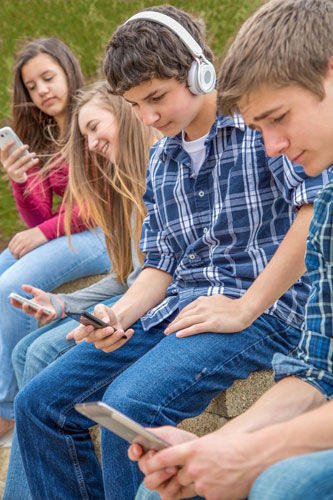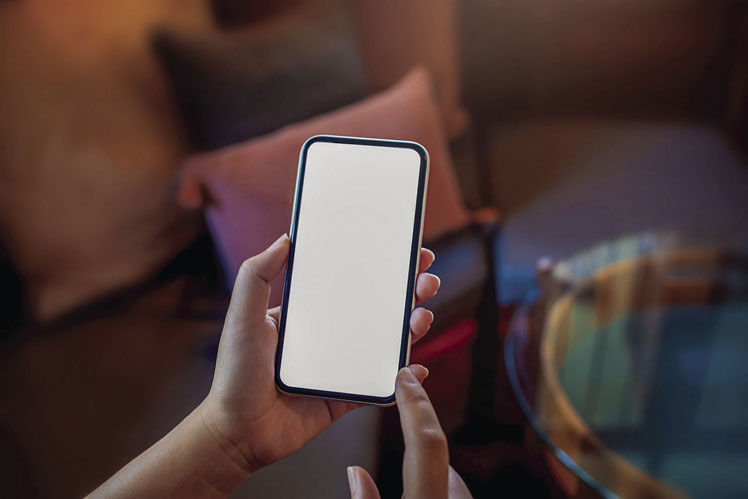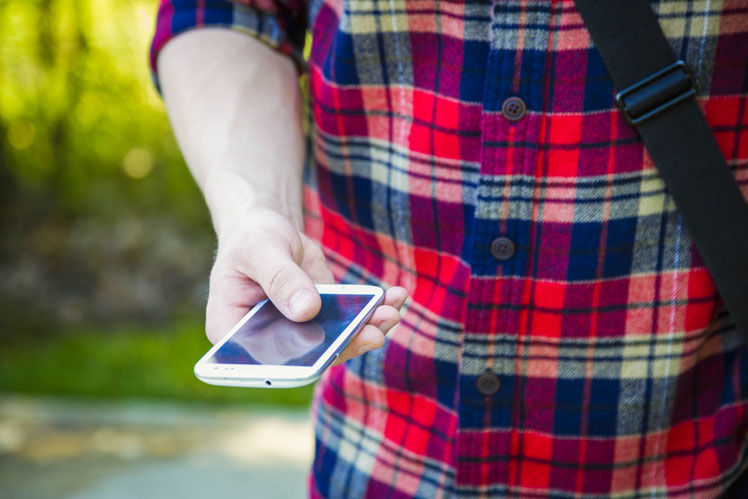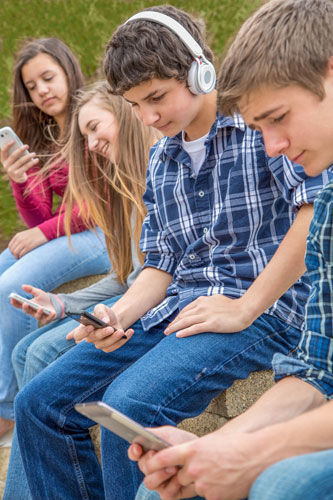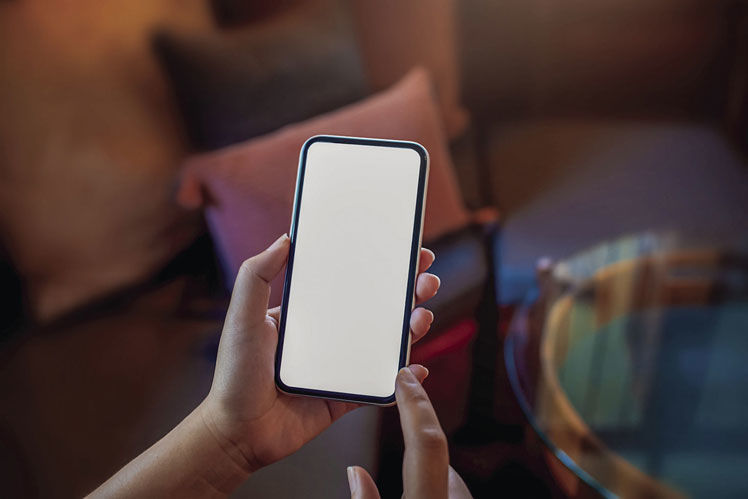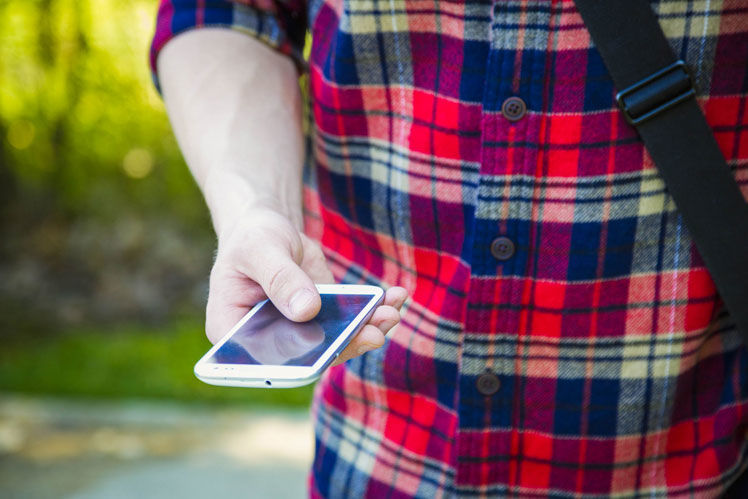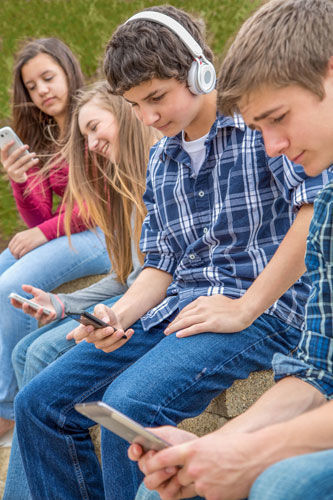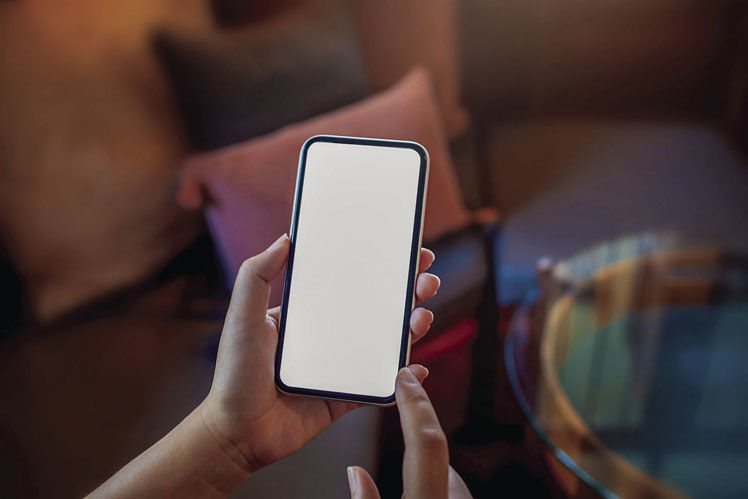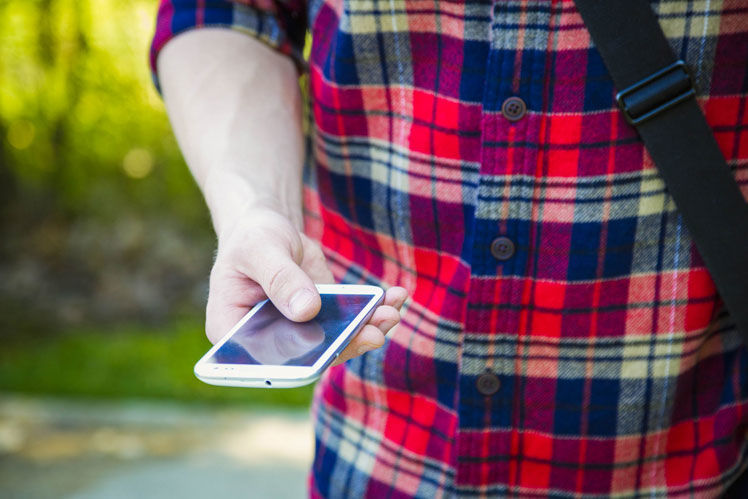In the raising of her twin 9-year-olds, an ongoing question persists for Stacy Raap: When does she give them their first cellphone?
They already have classmates that have phones. But she is certain that now is not the right time.
“We haven’t set out an age when we think they should get a phone,” Raap said. “I just know they won’t be getting one now. They don’t need it.”
In truth, the age in which children throughout the country receive their first cellphone is getting younger and younger with each year.
A 2019 survey conducted by Common Sense Media found that 19% of 8-year-old children had a cellphone, up by 4% since 2015. For 12-year-old children, 69% had a cellphone, up nearly 30% since 2015, and 89% of 16-year-old had a cellphone.
The share of youth and teens receiving cellphones only appears to be growing, but the question remains: What is an appropriate age?
Darren Sirianni, principal of East Dubuque (Ill.) Junior-Senior High School, said about 75% of students at his school tend to have phones once they enter the seventh grade, many of which are smartphones.
Sirianni said that the prevalence of the phones potentially could create issues with students’ participation in class, but the school sets a strict policy on their usage.
“Our policy is that the cellphones are off limits for our junior high students,” Sirianni said. “When they get into high school, they can use it with proper permission from teachers. That has worked well for us.”
Sirianni said there is no perfect policy for when youth should be allowed to use cellphones, but he believes that students can be worked with to recognize when there are right and wrong times to use them.
In elementary schools, cellphone use also is heavily restricted in schools.
Dan Wendler, principal of Cascade (Iowa) Elementary School, said many of his fifth and sixth graders have cellphones, along with some fourth graders. However, they are never allowed to use their phones during the school day.
“It eliminates the opportunity for undesirable situations to happen,” Wendler said. “If they do need to contact their parents, we can help them get in contact.”
Questions also persist on the impact that cellphones at a young age can have on the health of children and teens.
Raap said she believes increased cellphone usage can impact mood and attentiveness, something she wishes to avoid with her children. She also worries about potentially safety risks resulting from her children having access to the internet.
“I think there are a lot of concerns that come with having a cellphone,” Raap said. “It’s something that you have to pay attention to.”
A study by the California Institute of Behavioral Neurosciences and Psychology found that use of cellphones and similar electronic devices can increase anxiety, stress and depression.
Another study from the West Virginia University found that 37% of teens reported that they recently texted while driving.
While the potential dangers of cellphone usage at a young age are apparent, Raap said she also believes when someone gets their first cellphone isn’t a one-size-fits-all answer.
Many families have different circumstances that may require their children to have a cellphone on them, and the overall maturity level of every child will vary. Ultimately, like Raap, when a child should be given their first cellphone is ultimately going to be best left up to a parent’s best judgment.
“It’s not a black and white issue,” Raap said. “I don’t think there’s any one answer for when a kid should have a cellphone.”
John Kruse writes for the Telegraph Herald.



